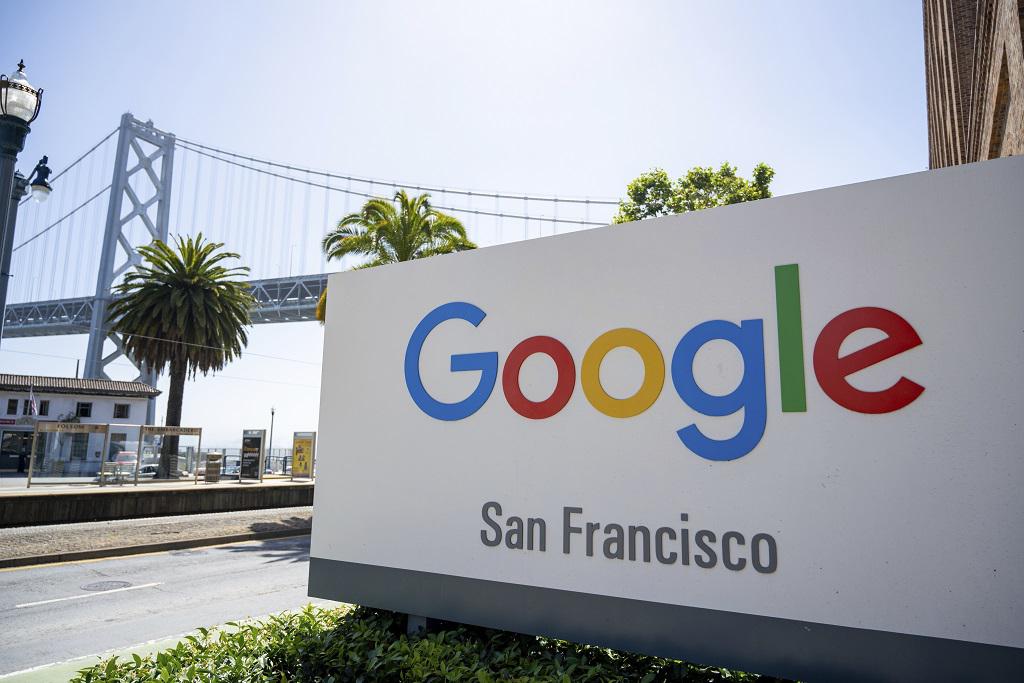In many ways, we’re right back to where we were during the last major monopolization case against Microsoft in the late 1990s. From the time Microsoft first lost in 2000 to when it struck a settlement in 2001, legal challenges, tech lobbying, and the turnover of presidential administrations into more tech-friendly hands all watered down the ultimate result, despite a historic defeat. Even greater challenges are facing regulators this time around with Google.
With its many tentacles in power centers in Washington, Google still has plenty of tools at its disposal to try to undermine the case and save its own skin.
The main lesson that Silicon Valley took away from the Microsoft case was that Bill Gates didn’t treat the threat of government action seriously, and thus had an ill-equipped ragtag lobbying operation. Google decided it would not make the same mistake and built up one of the most robust influence-peddling operations in the District, as documented in the recent book The Wolves of K Street. High-powered lobbyists like Tony Podesta and others came up with a new playbook to brush back regulatory oversight by paying outside researchers to launder industry talking points through the guise of neutral “expertise.” In particular, Google’s team deployed this to help tamp down an FTC investigation during the Obama administration. From Google’s early days, Eric Schmidt and Adam Kovacevich, a former Google executive now at a Google-funded organization called the Chamber of Progress, were tasked to develop this machine in Washington in the hopes of preemptively averting a case like the one they’re facing now.



The Microsoft monopoly was never dismantled, why should Alphabet be?